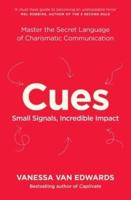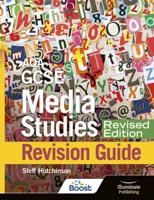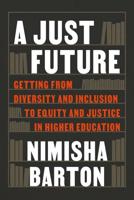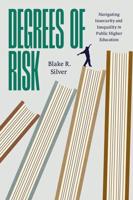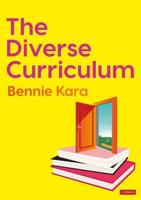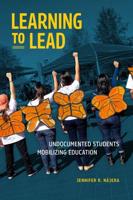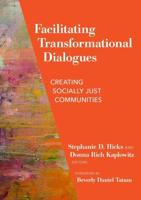Publisher's Synopsis
Drawing from studies with pre- and in-service teachers in Quebec, Smallest Circles First looks at how teacher agency engages with the educational calls to action from Canada's Truth and Reconciliation Commission. Using drama education and theatre, Smallest Circles First explores how the classroom can be used as a liminal educational site to participate in reconciliatory praxis.
Smallest Circles First presents several arts-based educational research examples that illustrate how the arts provide a space for students, teachers, and communities to explore and learn about reconciliation praxis and responsibilities. By implementing arts-based counter-narratives set against settler Canadian history and geography, Smallest Circles First considers the implications of systemic racism, colonization, and political, social, and economic ramifications of governmental policies. Tangible examples from the book showcase how teachers and students can use the arts to learn specifically about their responsibilities in engaging with Canada's Truth and Reconciliation Commission, in addition to how this work can still meet curricular learning outcomes.




